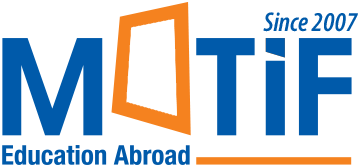Master of Laboratory Medicine

- Overall 6.5
Overview
Enhance your clinical decision-making skills, knowledge and experiences as a laboratory scientist, and open up opportunities for research or leadership within your field of expertise with CQU’s Master of Laboratory Medicine. Gain advanced discipline-specific knowledge in medical laboratory science and advance your career.
The Master of Laboratory Medicine will qualify you to work as a medical laboratory scientist. You will gain advanced theoretical and technical knowledge in the clinical disciplines of laboratory medicine for application in the diagnostic setting. You will build technical and evaluative skills through laboratory and clinical training to assess and implement recommendations for best practices in patient testing and monitoring.
This course will enable you to develop an advanced level of communication skills to interact positively with patients and other health professionals ready for the clinical or scientific work environment. Clinical decision-making and problem-solving abilities are key skills for the medical laboratory scientist. You will develop clinical decision-making and problem-solving skills through experience in professional practice, clinical case studies and research opportunities.
Career Opportunities
A Medical Laboratory Scientist is a health professional who conducts medical laboratory tests to assist in the diagnosis, treatment and prevention of disease. They require specialised education and skills to prepare tissue sections for microscopic examination, analyse samples to study the effects of microbial infections and develop techniques to aid in the diagnosis and treatment of diseases. A Medical Laboratory Scientist has a degree of responsibility in the diagnostic process through the provision of advice to Medical Practitioners on the interpretation of tests, methods for use in the diagnosis and treatment of disease. They can undertake research and prepare scientific papers and reports. They ensure quality management processes and safety standards are followed in medical laboratories and undertake research in their area of expertise. Communication skills and exemplary professional attitude are all critical to success in this field.
